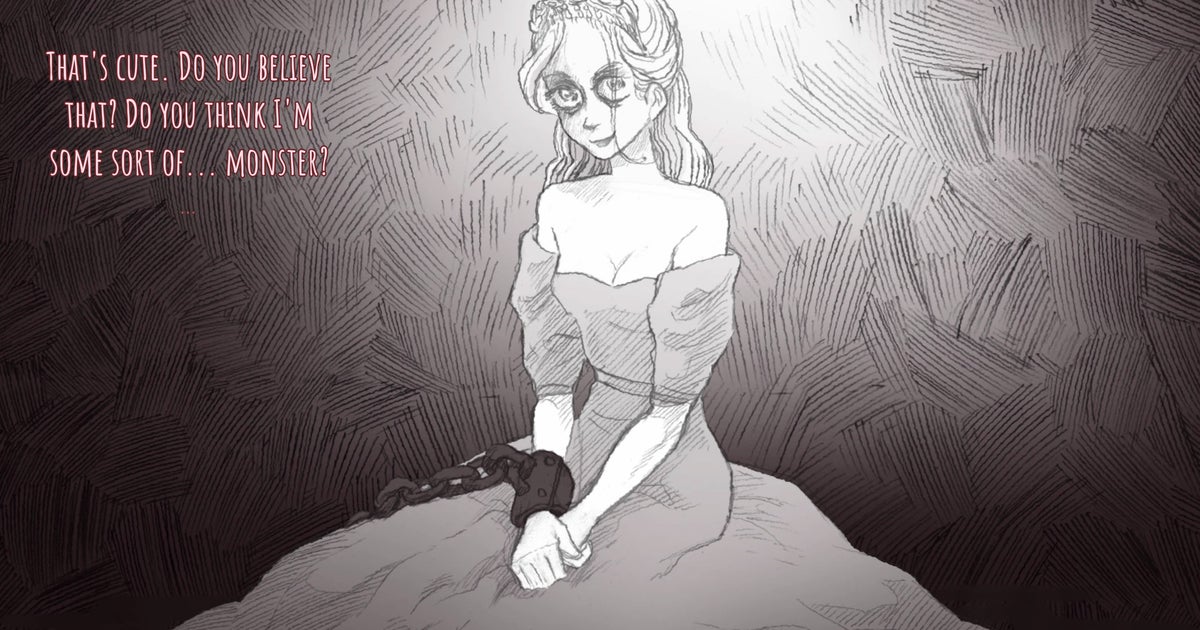Products You May Like
“Most of videogame history is alive and well due to the ability to pirate old video games,” Frank Cifaldi, founder of the Video Game History Foundation, tells me over a call. Last year, the preservation and archival non-profit put out a study revealing that 87% of games made before 2010 are out of print. “There’s no way to access them without either pirating them or buying antiques from vendors. That’s a scary place to be.”
The carnival of games discourse long ago sold off its other rides in favour of one giant merry-go-round, and even such shocking statistics rotate out of the zeitgeist far too soon – unless, of course, you live and breathe this stuff like Cifaldi. But the conversation has felt especially pertinent recently. UK high street mainstay GAME have recently opted to cease trade-ins, Ubisoft pulled one of their classic PR wins by insinuating a physical-media free future was on the cards, and Sony dabbled with deleting content that users had already paid for, before managing an about face.
RPS famously gave up console gaming in late 1872, shortly before the release of the first PC, but as console-focused as these sea changes are, they still point towards a worrying trend of dwindling consumer choice. Moreso in the wake of consolidation already reaping disastrous consequences. “The video game industry started essentially mimicking Hollywood,” says Cifaldi. “There’s basically five companies that own everything now. That sucks in a lot of ways.”
Talk of preservation inevitably leads to the ever-taboo topic of piracy. “Reading the temperature of how people are feeling about how they consume media right now,” says Cifaldi, “we might be coming full circle back to piracy being something that we need to be literate in, in order to be able to access the things that we love. Digital streaming scooped everything up and we all got content with it. We’re already seeing things wiped from existence before our eyes.”
Over the holidays, I saw two tweets. One may well have been a rephrasing or resurfacing of an old sentiment – if not, kudos to the OP for such powerful phrasing. “If buying isn’t owning, piracy isn’t stealing,” it read. The other was from Black Tabby, the two person dev team behind the popular and excellent horror game Slay The Princess. “Since a lot of new folks are discovering Slay The Princess: The game is at its best if your first experience is playing it yourself instead of watching someone else’s play-through. (And if $ is an issue, pirate it and buy a copy later when you have money if you liked it!)”
I’d like to make clear here that this article isn’t intended to place either Cifaldi or Black Tabby as spokespeople for a larger cause. They’re each speaking for themselves, from different experiences, and many developers and industry folk have expressed similar sentiments before. I do feel that Black Tabby’s tweet is, at least contemporarily, significant due to the success of their game. As a genuine indie outfit, they’re in the position to decide how their audience interacts with their work. The impetus for me reaching out to everyone featured was simply that I think this is a conversation worth having pretty much constantly, and I appreciate their personal insights, experience and thoughts on the topic.
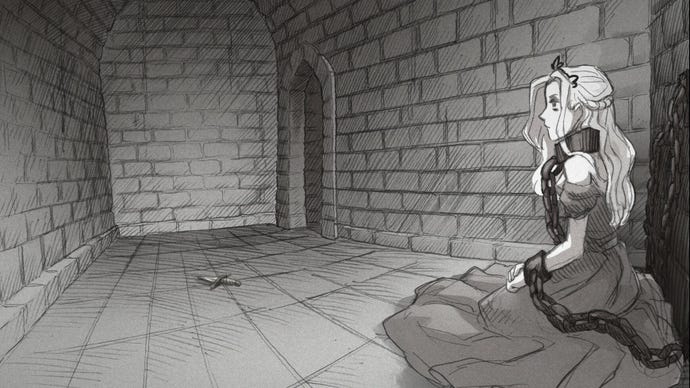
“We both think that the best way for people to experience it is to play our game first hand,” Tony Howard-Arias of Black Tabby tells me. “We don’t want money to necessarily be the game ender. We’ve all been broke college students, so there’s a degree of empathy for just like the frustration of arts and entertainment being financially inaccessible.” And piracy, adds Abby Howard, “is just going to happen no matter what. So it’s just a thing where we’re just telling people they don’t have to feel bad if that’s how they experience the game.”
“I think at the end of the day,” says Howard-Arias, “people are, you know, they’re fundamentally good. I think that when folks have a meaningful experience with art, they want to support the artists who make those experiences. Neither of us here need to be that protectionist about it.”
Howard describes Slay The Princess as about “Perception, and how that can actively shape the people around you, and the world that you’re in.” Howard-Arias says “if you like the Stanley Parable and you like Disco Elysium, you’ll probably like this.” Both feel that their approach to narrative design means that, as the tweet says, they’d rather folk pirate it than have a second-hand experience. Black Tabby tell me they didn’t intend for the tweet to necessarily be an advocation of piracy in general, but I still found it refreshing and powerful in the sense that, even if they’re just speaking for themselves, developers openly acknowledging that piracy isn’t the evil it’s often portrayed as lessens the taboo.
Cifaldi tells me he believes that “piracy literacy,” is dwindling, especially among young people that might not know how a torrent works (whatever that is). Tweets like Black Tabby’s might well spur on some research. Xitter agreed: Black Tabby were officially based, with many suggesting they were far more likely to buy the game now anyway. He says it’s hard to quantity, but Howard-Arias felt there’d been an uptick in sales, and also tells me that none of the conversations they’ve had about potential physical editions were hurt by their public stance. There was some minor pushback, however, mostly through misinterpretation.
“Something that has been challenging as this sort of tweet has spiraled out of our control is that, a lot of people tend to view this stuff through like a single perspective lens,” says Howard-Arias, “but multiple things can be true at the same time.” Some wrongly assumed Black Tabby were upset at streamers. Howard-Arias describes their position as a “strange intersection”. As artists, they want people to experience their art. Naturally, they’d also want a sustainable business. “We want people experiencing it in the way it’s intended to be played. And we also really like when streamers play the game and get it out in the world and share their experiences. So it’s like it’s a situation where all of these things are true at the same time.”
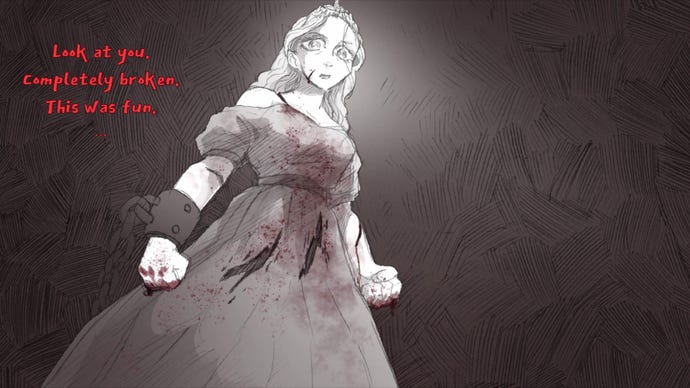
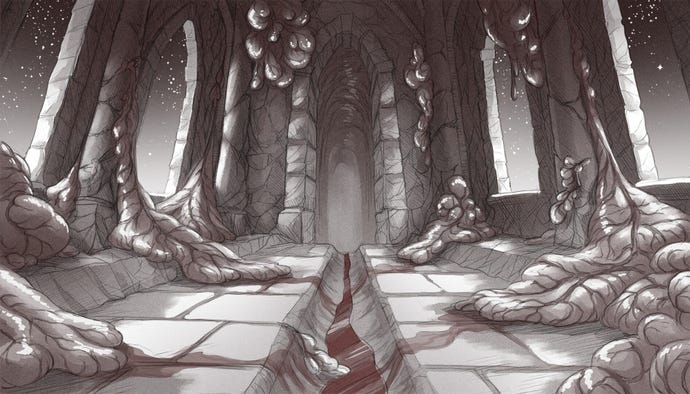
Do Black Tabby feel there’s any potential risk of normalising piracy in a harmful sense? Not really. There are, says Howard-Arias, much riskier trends in indie dev, like undercutting prices to unsustainably low levels. He loved Vampire Survivors and its -likes, but felt the price had an impact. “A lot of people were interested in exploring that space. But it meant that if you’re going to be competitive, you also have to charge like $3,” he says. That’s before Steam’s 30% and card fees, which aren’t insignificant at such a low price, meaning developers have to shift huge numbers just to survive in that genre space. “I don’t blame any developers for doing that, but I think the tendency for indies to undervalue and underprice their work is a much more real risk to sustainability than, you know, not being mad at people for pirating your game.” Pirated copies, says Howard, aren’t ones they would have sold anyway. “These are numbers aren’t just cutting into your bottom line so much as they are bonus numbers. That’s how it’s always felt to me.”
Black Tabby’s approach to their player base feels fitting; Slay The Princess felt to me like a story born of a deeply empathetic design ethos. A certain scene sees you trying desperately illuminate your situation by asking a limited amount of questions from a huge dialogue tree. It’s the kind of thoughtful and exhaustive list that could only be written by asking repeatedly: how would players feel here? What would they want to know? Its that sheer breadth of individual experience that can make a first playthrough feel almost magical in its fluidity. Its no wonder Black Tabby want people to experience a first run first-hand.
They’re not finished yet, either. The Pristine Cut is a free update slated for sometime this year, aiming to add several new chapters to the game. Much of it is ideas and elaborations on the story inspired by seeing the game in the wild. “It’s one thing to construct something like this, and then another to see people experience it,” says Howard.
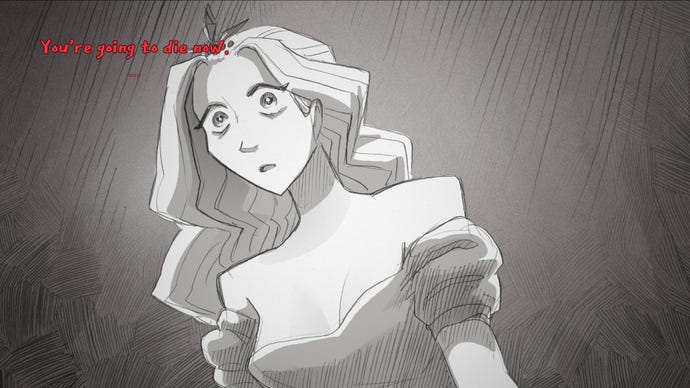
Again, I don’t want to put revolutionary slogans in Black Tabby’s mouths. But in making great art, continuing to work on their game after release just out of a vision for how much better it could be, and then refusing to be protectionist over their work, their stance definitely felt like a torch at the end of a rough year for the industry. Or, you know, a candle illuminating a twisted staircase leading to a horrible basement containing a chained princess.
Meanwhile, Cifaldi says there are, at least, a few reasons to be hopeful about the future of preservation. “One of the hurdles toward a game staying in print, which is the question of of legal ownership and what company owns the code, I think that’s starting to be solved,” he says. “And the idea of remastering a game for the next hardware refresh has become normal.”
Still, though, is a strong note of caution. “I don’t believe that we’ve found a commercial solution for your video game staying alive forever. No one is against the idea of video game preservation, but companies and their shareholders are against the idea of not making a profit,” he adds. “It’s a technical black hole; It costs a lot of money to port a video game, and if the margins are just not there, then there’s not a business rationale to keep things alive.”
So, if anyone knows what a ‘torrent’ is, please let DM me. It sounds like they could be useful.
